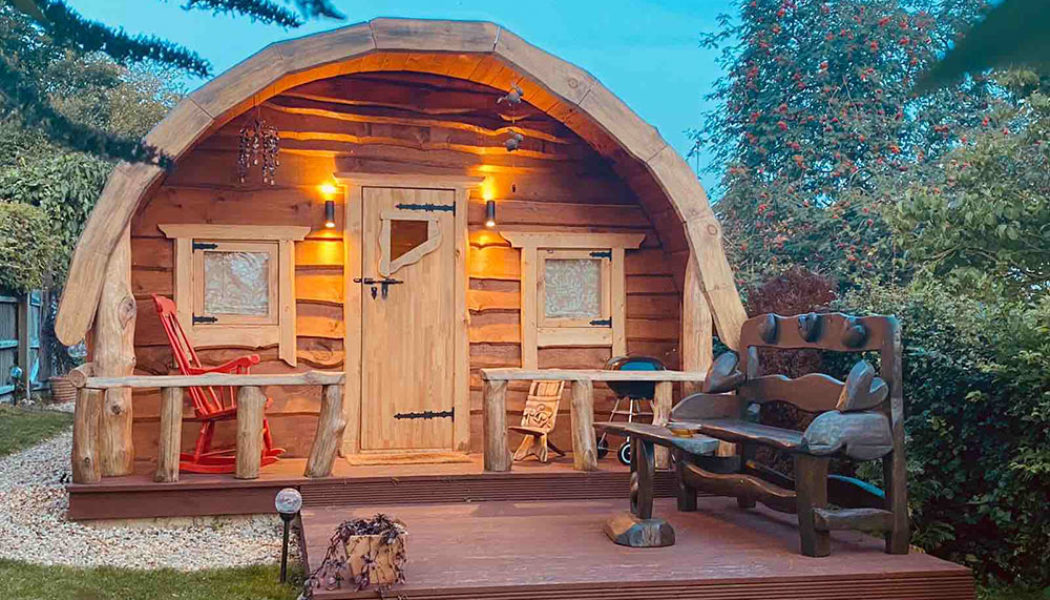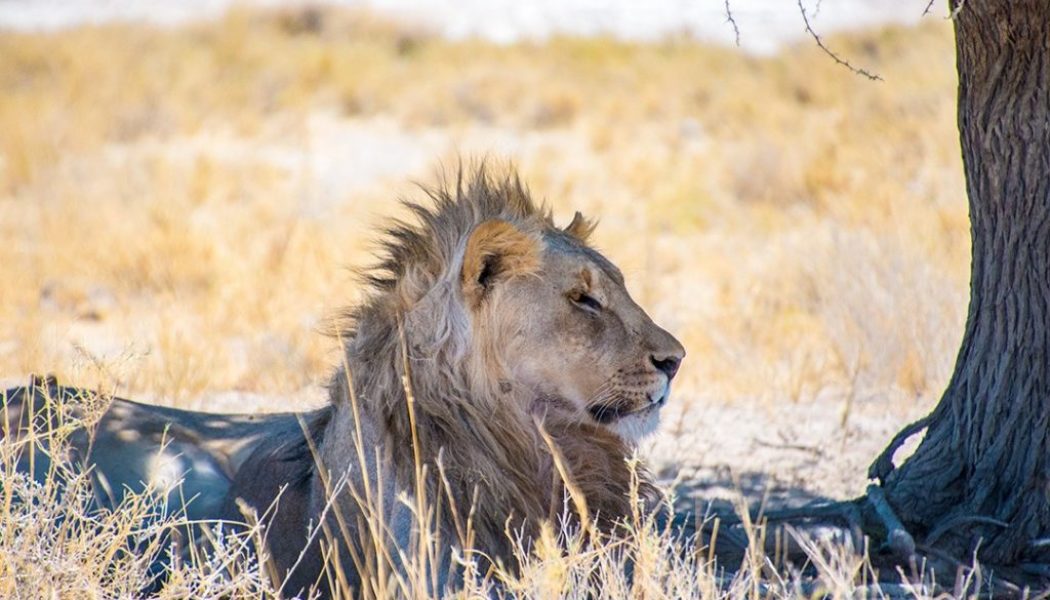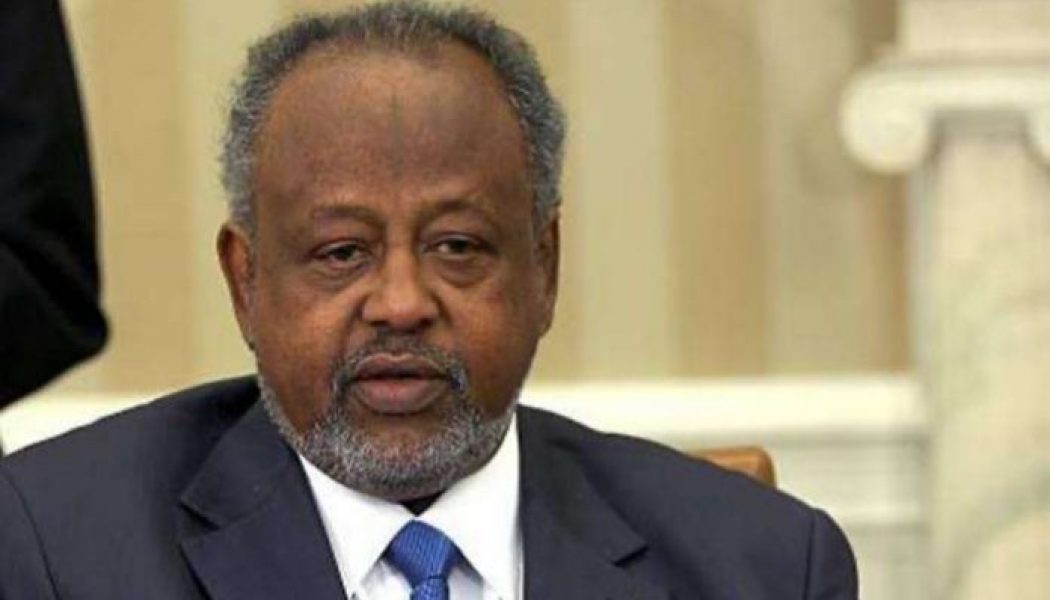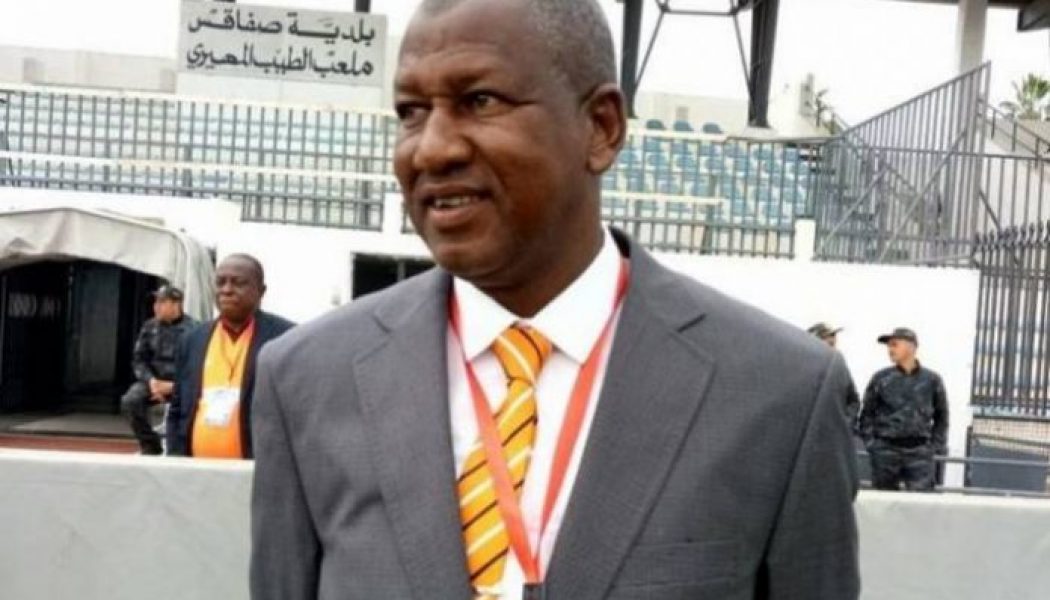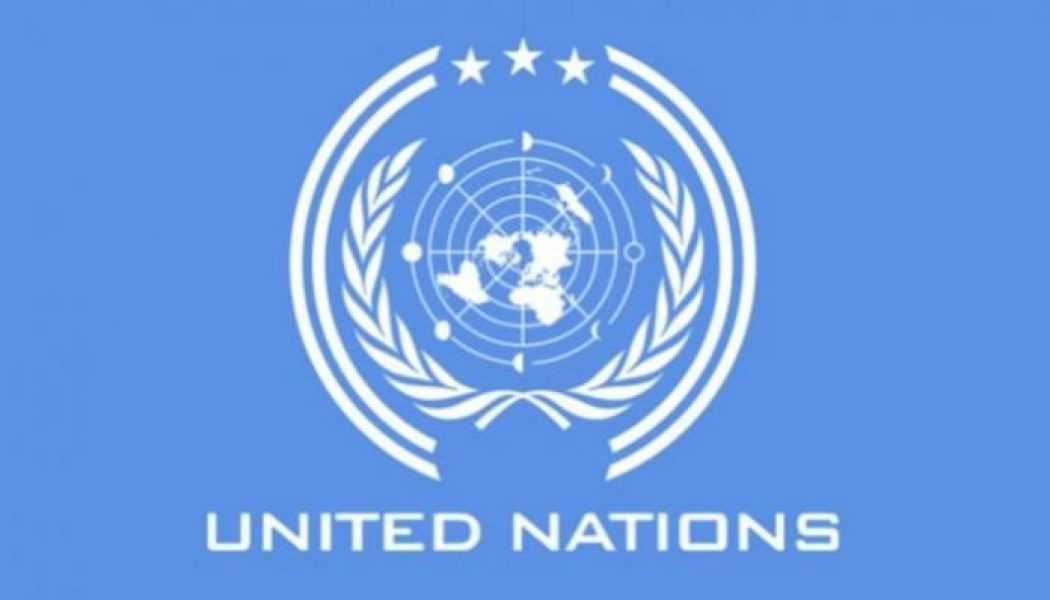Djibouti
10 red flags to look for when booking a hotel | Atlas & Boots
I’ve stayed in some ungodly hotels, from a roach-infested room in Sri Lanka to a Fiji campsite with toads in the bathroom. I have cried, despaired and quietly raged on holiday because of poor accommodation. Thankfully, after a decade of travel, I have finessed a list of pitfalls to avoid and red flags to look for when booking a hotel. The post 10 red flags to look for when booking a hotel appeared first on Atlas & Boots.
10 most (seemingly) dangerous things we’ve done
Seven years after we quit our jobs to travel around the world, we revisit some of the riskiest things we’ve done on the road Peter and I have a long-running joke that I have fallen off my bike in the most beautiful places in the world – among them Bora Bora in French Polynesia and Isabela in the Galápagos. I only learnt to ride at the age of 28 and my lack of experience has led to numerous falls. What’s interesting is that no one ever calls me ‘brave’ or ‘daring’ for riding a bicycle or indeed a horse even though statistically (and in personal experience), these activities are some of the most dangerous I’ve done. Instead, it’s things like skydiving and bungy jumping that impress others most. Below, I share 10 seemingly dangerous things we’ve done – some of which posed a real risk, b...
Djibouti president set to extend 22-year rule
Djibouti’s President Ismail Omar Guelleh is expected to extend his two-decade rule of the tiny Horn of Africa nation as the country heads to the polls Friday. Guelleh, 73, is facing political newcomer Zakaria Ismail Farah, his only rival after traditional opposition parties decided to boycott the election. A businessman specialised in the importation of cleaning products, Farah, 56, is seen by observers as unlikely to pose a significant challenge to the strongman who has been in power for 22 years. Djibouti is a largely desert country strategically situated on one of the world’s busiest trade routes and at the crossroads between Africa and the Arabian peninsula, a short distance from war-torn Yemen. Under Guelleh, the country has exploited this geographical advantage, investing heavily in ...
UN won’t vote electronically in Security Council election
The United Nations (UN) General Assembly will cast ballots in-person for five new non-permanent Security Council seats, its president said Thursday, effectively ruling out electronic voting despite the coronavirus pandemic. In a letter to UN members obtained by AFP, President Tijjani Muhammad-Bande said that voting members would be “invited to visit the venue at the designated time slot communicated to them in advance” in order to cast their ballot. Mexico and India are guaranteed a spot on the Council as the only countries in the running to represent Latin America and Asia respectively. Ireland, Norway, and Canada will compete among themselves for two more seats. Meanwhile, Kenya and Djibouti will vie for the only spot reserved for Africa. The vote is planned for June 17, but the letter s...
